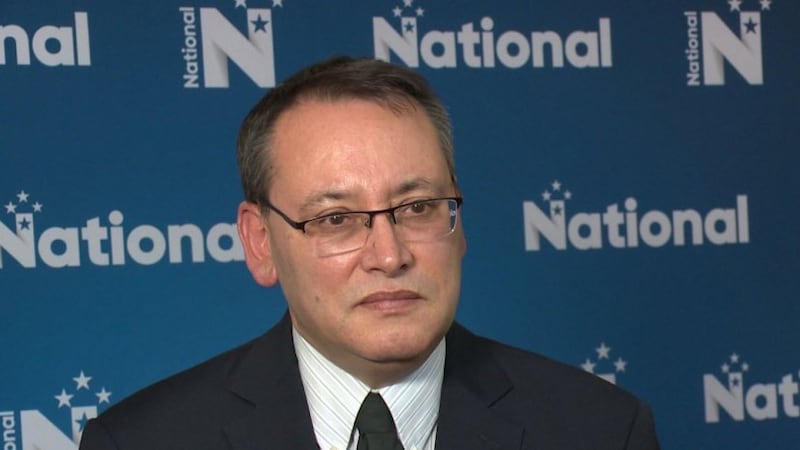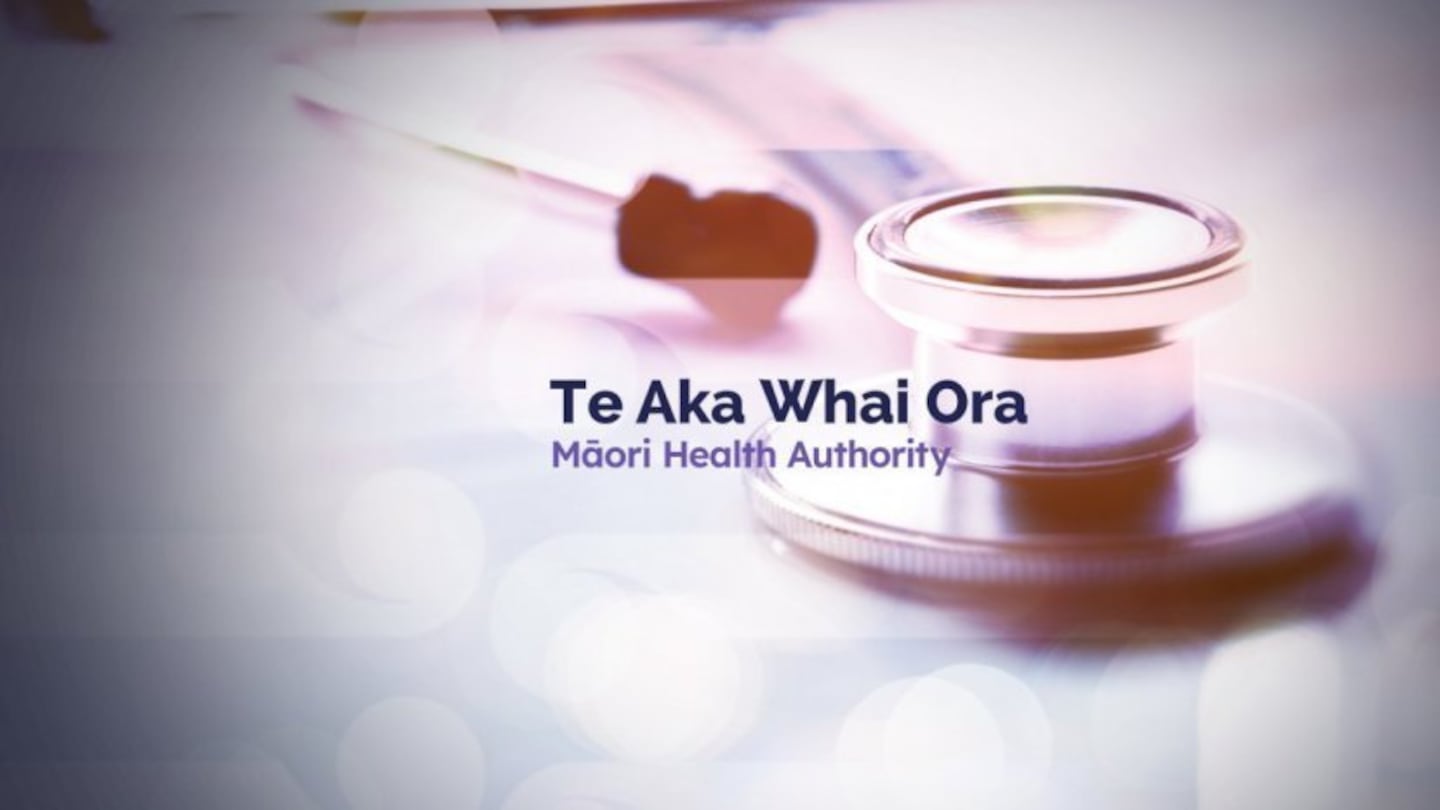A coalition of prominent health officials is expressing concerns and urging any potential right-wing coalition, should it come to power in the upcoming general election, to reconsider their intentions to disestablish the Māori health authority.
Health Coalition Aotearoa (HCA). a collective of hauora, community organisations and academic leaders, is calling upon all political parties to retain Te Aka Whai Ora as an independent Māori-led Crown agency.
National, ACT, and NZ First are all proposing to scrap Te Aka Whai Ora just a year after its inception, with National health spokesperson Dr. Shane Reti telling Radio Waatea this morning National would keep Parliament sitting to ensure it’s gone by Christmas.
“Stop playing party politics with our people’s health. It will take 20 years to turn back the damage this will do,” HCA board member Grant Berghan (Ngāpuhi, Ngātiwai and Te Rarawa Iwi) said in response to the plan.
The establishment of Te Aka Whai Ora followed recommendations from the Waitangi Tribunal and an independent health and disability system review. Both said the health system failed to uphold tino rangatiratanga and mana motuhake (self-determination) of Māori health, resulting in persistently poor health outcomes for Māori, despite significant Crown investments.
The tribunal report argued those failures resulted in inequitable health statistics for Māori, who, on average, continue to have the poorest health status of any ethnic group in New Zealand, despite the Crown investing some $220 billion in the health system since 2000.
Action on Smoking and Health (ASH) New Zealand is part of the HCA, alongside groups like Diabetes New Zealand and the Heart Foundation New Zealand.
HCA co-chair Dr. Lisa Te Morenga said disestablishing Te Aka Whai Ora would weaken Māori advocacy for better control over harmful industries like alcohol, tobacco, vaping, and unhealthy food.

“Māori communities and health providers have an especially strong interest in there being greater control, regulation, and limits on the power of commercial organisations - and that voice can get lost when we’re a few hands raised in this big machine that is Te Whatu Ora, Te Morenga said.
Reti says he’s committed to improving Māori health outcomes but in a different way.
He outlined five targets to be accomplished in a National government’s initial 100 days, which encompass setting specific goals for cancer treatment waiting times and increasing workforces in emergency departments, as well as rolling back the health authority.
“Fourthly, my aim is to introduce legislation that extends breast cancer screening to the age of 74, and finally, I intend to establish a memorandum of understanding with Waikato University to advance the creation of a third medical school.” Reti said.
Reti plans to maintain iwi-Māori partnership boards as a means of collaborating with Māori communities to improve health outcomes.
Most submissions on the Pae Ora (Healthy Futures) Bill by iwi, hapu, and Māori health providers supported a Māori health authority, Berghan argued.
“We’ve been striving to set up a commissioning agency like Te Aka Whai Ora for the past 20 to 30 years. That is the vehicle that will enable Māori, by holding the pen, and having an influence over Te Whatu Ora, to make a difference,” he said.


